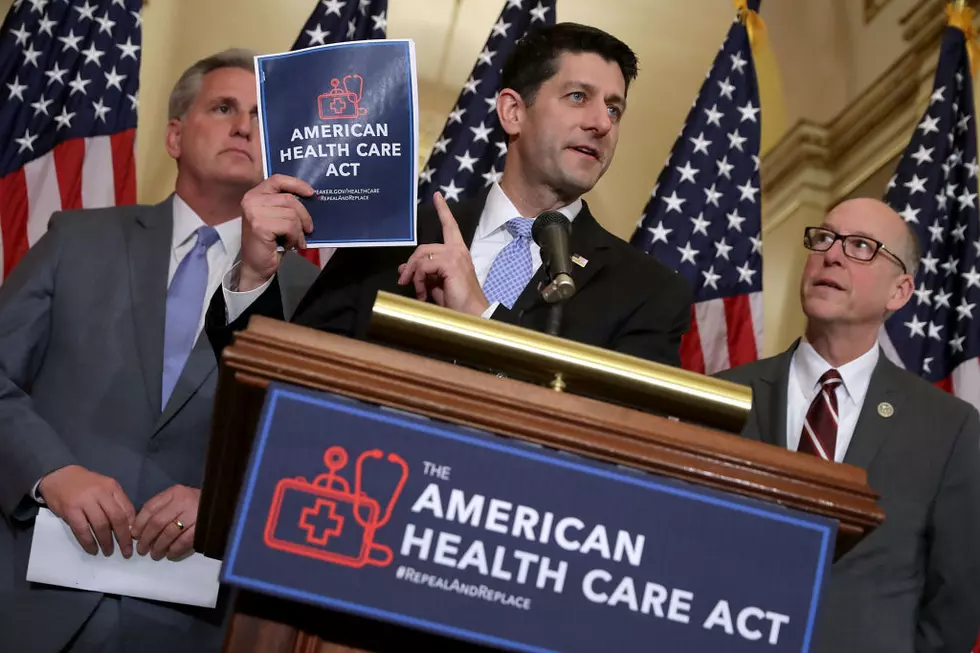
Wellness programs come with risks
With new incentives at play due to the Affordable Care Act, more companies are implementing wellness programs in the workplace and rewarding those who lead healthier lifestyles.
If not constructed and handled properly, though, the programs could be the source of lots of trouble for employers.
Kathleen Caminiti, a partner with labor law firm Fisher & Phillips in Murray Hill, said employers now have the opportunity to use premium dollars toward creating these health-contingent programs.
Workers would be rewarded, for example, with a waiver of deductibles for achieving a specified cholesterol level or weight. Lower premiums could be the gift for employees who decrease their use of tobacco, or don't smoke at all.
"Employers who are interested in establishing these programs need to make sure that they're established pursuant to a specific plan and that there are reasonable alternatives offered," Caminiti explained.
The law notes certain individuals have medical conditions that would make it impossible or dangerous to achieve specific standards.
Employers would also be wise to establish a "brick wall" between wellness coordinators and everyday managers, Caminiti said, so personal health information doesn't get into the wrong hands.
Caminiti noted health-contingent programs are more risky than the more popular "participatory wellness programs," which could include reimbursement for the cost of a gym membership or a reward for employees who attend a monthly health education seminar.
More From New Jersey 101.5 FM









